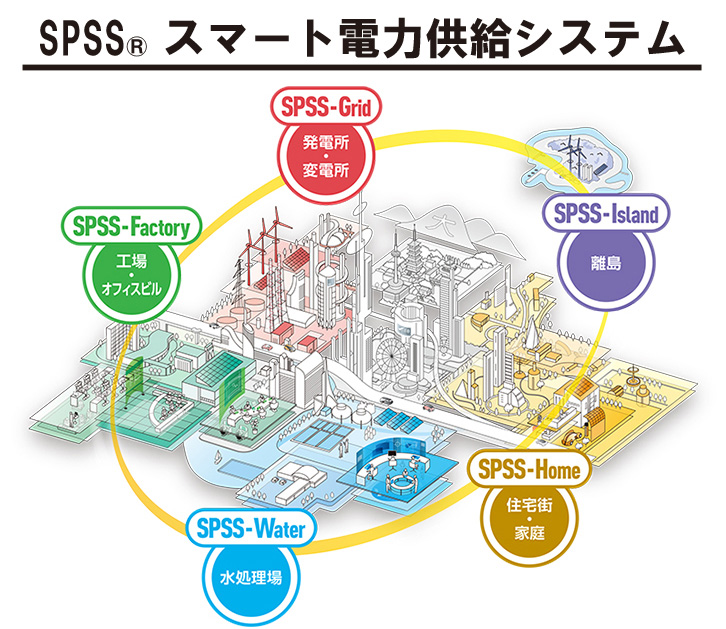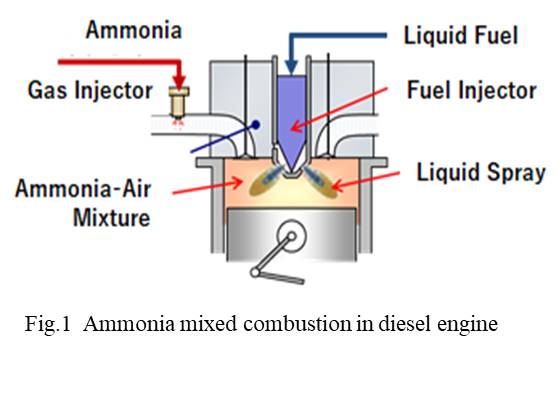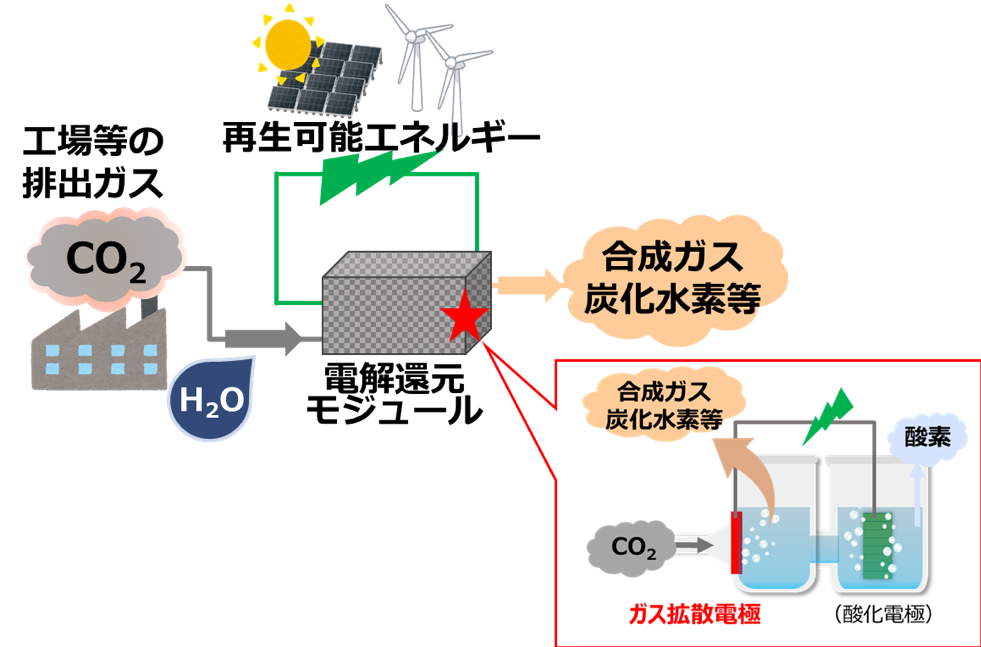Promotion of hydrogen use
The Federation of Electric Power Companies of Japan
Outline
Since hydrogen does not emit CO2 in the use phase, it has the potential to be a promising energy source for the realization of a zero-emission society if it is produced in combination with CCS or from renewable energy sources in the production phase.
On the other hand, the current supply cost of hydrogen, including production and transportation, is more expensive than fossil fuels such as coal and natural gas, and there are many unestablished technologies for hydrogen production, storage, and utilization in the supply chain, so there are many challenges in expanding the use of hydrogen.
Based on these circumstances, the Federation of Electric Power Companies of Japan and partners have conducted case studies of the entire hydrogen supply chain from hydrogen production to transportation, storage, and utilization (power generation and utilization for heat), and have examined effective ways of using hydrogen to reduce CO2 [1]. In addition, several candidate hydrogen carriers have been evaluated in terms of transport efficiency, economic efficiency, environmental performance, etc. [2].
We will continue to identify issues in terms of technology, business feasibility, and other aspects of the use of hydrogen that will contribute to zero emissions for society as a whole, and we will start studying how to overcome these issues.
Description
[Use of Power to gas as a grid stabilization measure contributing to the mass introduction of renewable energy]
Energy storage technologies that balance the supply and demand of electricity and contribute to the stabilization of the power grid are required in order to make PV, wind power and other renewable energy main power sources. In particular, power to gas (PtG) technology, which converts electricity into gas such as hydrogen, is suitable for energy storage on a daily to monthly basis, and the need for this technology will increase as the introduction of renewable energy increases.
The PtG system in combination with variable renewable energy has already been demonstrated in various fields. However, electrolysis technologies such as alkali type, solid polymer type, and solid oxide type are in a state of competition, and there are many unknown points in terms of long-term performance degradation and durability. In the future, we will clarify these issues and evaluate the technology, such as the prospects for operability and cost reduction.
[Use of hydrogen to contribute to zero emissions for the entire society]
The production of hydrogen by PtG system using renewable energy is expected to contribute not only to the stabilization of the electric power system, but also to the zero-emission of society as a whole through coordination and integration with other sectors (sector coupling) such as transportation, heat, and industry.
We have been studying the technical and legal constraints and safety of CO2-free hydrogen in the heat utilization field, which has been difficult to reduce carbon emissions, and have also evaluated methanation, which is expected to be introduced for the expansion of heat utilization and CCU. In the future, technical, potential, and economic evaluations will be carried out in cooperation with other sectors with a view to the use of hydrogen.
Partner(s)
Hokkaido Electric Power Co., Inc., Tohoku Electric Power Co., Inc., Tokyo Electric Power Company Holdings, Inc., Chubu Electric Power Co., Inc., Hokuriku Electric Power Co., Inc., The Kansai Electric Power Co., Inc., The Chugoku Electric Power Co., Inc., Shikoku Electric Power Co., Inc., Kyushu Electric Power Co., Inc., The Okinawa Electric Power Co., Inc., Electric Power Development Co., Inc., Central Research Institute of Electric Power Industry
Supplementary information
[1] Comparison of Economic Efficiency and CO2 Emissions of Hydrogen Supply Chains -Extraction of Hydrogen Supply Chains to be Evaluated in Detail-
https://criepi.denken.or.jp/jp/kenkikaku/report/detail/C17009.html
[2] Comparison of the feasibility of various hydrogen carriers transported from overseas for massive quantity and long distances
https://criepi.denken.or.jp/jp/kenkikaku/report/detail/Q18005.html
Other Innovation Challenges
Enhancing power sector resilience against disaster risks
The Federation of Electric Power Companies of Japan
Improvement in Efficiency and Flexibility of Thermal Power
The Federation of Electric Power Companies of Japan
Maintaining grid stability for the mass introduction of renewable energy
The Federation of Electric Power Companies of Japan
Promotion of electrification and energy conservation
The Federation of Electric Power Companies of Japan
Similar Innovation Challenges
Achieving net zero carbon emissions from paint finishing processes
Taikisha Ltd.
Activities for reducing GHG of business operations in Nissin Electric Group
Nissin Electric Co., Ltd.





-1人工光合成技術.jpg?id=2&tid=759&imageNumber=1)